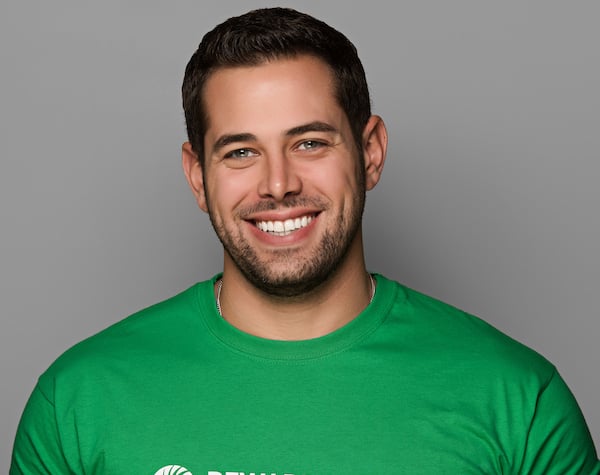
3 min read
Over the years, I’ve gotten a lot of advice. Eat your vegetables. Make your bed every morning. Stop and smell the roses. (OK, I never listened to that last one.)
Whether we’re talking work or personal, you know what I’ve learned? Not all advice is good advice.
Especially career advice.
I recently read an article that named some "bad words" in interviewing, which made me stop in my tracks.
Here’s a hint: If you’re sharing these kinds of career advice articles, please stop.
By actively avoiding these “bad words,” candidates are wrecking their chances of finding a company that they’ll truly love and engage with. At Reward Gateway, I make sure our team knows to start with one of our core values: Speak Up.
If you (or your candidate) doesn’t Speak Up, you’re wasting your time to get to that offer stage. I always say that you should be 95% sure of an offer confirmation before you give one. And how can you do that? By starting with that "bad" word, the one everyone hates: Salary.
Salary is one of the first things I ask a prospective job candidate about. Compensation is part of what makes a company a company that your candidate will want to work for, and can be a driving factor in employee engagement. Of course we know by now that there are ways to provide benefits and “added salary” through creative perks. So why not open up the conversation, and engage your prospective employee from the get-go?
- Ask about your candidate’s salary and benefits expectations, if they haven’t already. And to the prospective job hunters, please ask us! I have a friend who made it through three rounds of interviews, including completing a test assignment and using up some vacation days. Yet when he got to the offer stage, the company offered him $40k less than what he was currently making. Had they talked about compensation upfront, my friend would have known that this likely wasn’t the job for him, or that he was well beyond the company’s budget.
- Know your benefits and employee incentives inside and out. If your starting salary isn’t the most attractive, jump in with the great tuition reimbursement package, wellbeing incentives and 401k match. Engaging employees isn’t always about salary. In fact, it shouldn’t be.

- Repeat yourself. I like to check in with my candidates after that initial phone call, in the in-person interview and beyond, to make sure that they’re on board with what my company is offering. Different people accept jobs for different reasons, and if I have a chance to convince a high-performer by asking for a larger budget, I’ll do it. Being open and honest with a candidate has always ensured that they know what’s waiting for them if (hopefully when) they accept the position. Focus on the qualitative in addition to the quantitative. What can you offer a candidate beyond compensation and healthcare benefits?
- Don’t talk about culture, show them. Anyone can tell a candidate that the culture is “the best.” But is it? Take the interview out of the conference room, and let them walk around a little. Candidates should feel free to ask about the work-life balance, flexible schedules, and what a day in the company is really like. If they’re leaving a company that had rigid desk times to come to a mostly teleworking environment, that’s important to know.
Whether you’re just starting out, or you’ve had years in the business, try to be a little more transparent in your own hiring process. You’ll be surprised how the caliber of candidates goes from zeroes to heroes, using just one bad word.
 Chris Gannon
Chris Gannon
